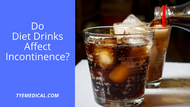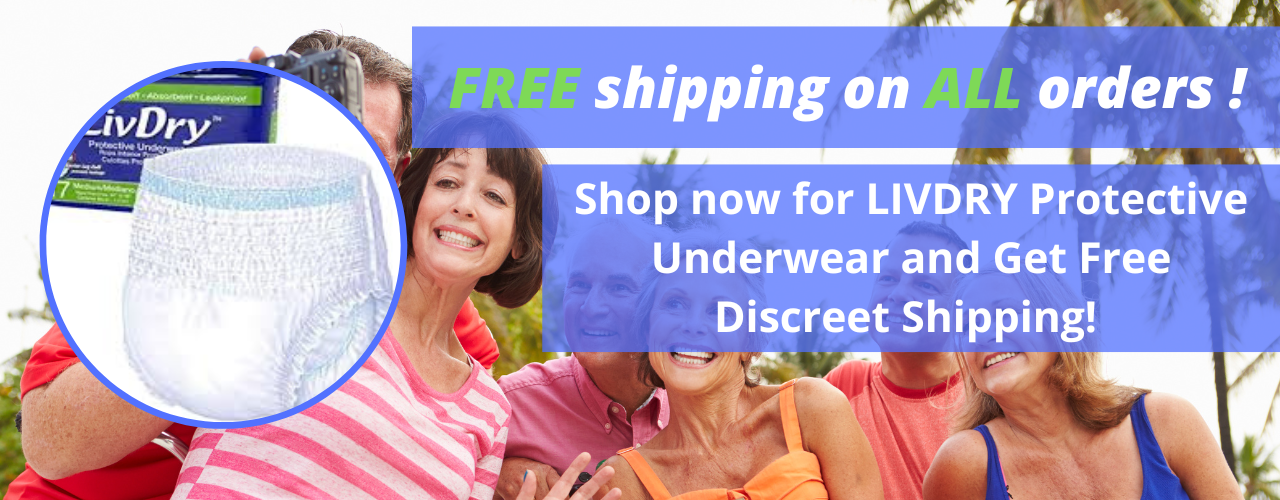Do Diet Drinks Affect Urinary Incontinence? Latest Research Says, “No”
Written by TYE Medical on Mar 20th 2023
If you have incontinence and are a fan of diet drinks, then this is exciting news. Previous studies suggested there could be a link between increased incontinence symptoms and the artificial sugar in diet drinks. But research now indicates there is no significant effect, which is good news for another reason. It means you can focus your attention on avoiding actual sugar rather than having to choose between two evils. It allows you to better manage your weight while also indulging in something you enjoy. Here is how the latest research changed our understanding.
How Diet Drinks Can Help Incontinence
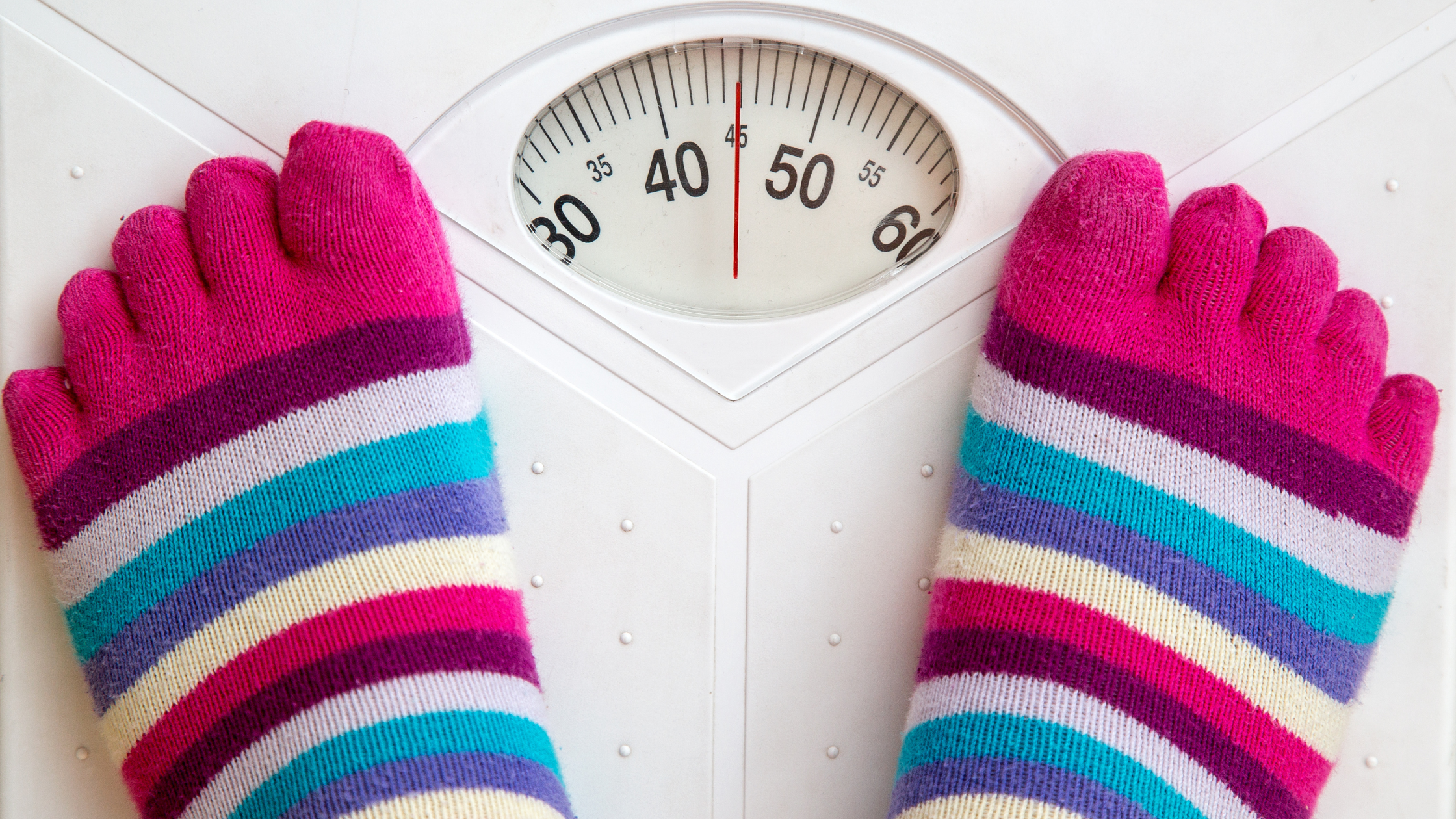
A major enemy of bladder health is excess body weight, and sugary drinks contribute to weight gain in a big way. If you’re advised to avoid diet drinks, you’re more likely to turn to sugar-laden drinks as an alternative. After all, who wants to drink water all the time?
Now that science has shown that diet drinks have little effect on urinary incontinence, you can choose diet beverages that are better for your waistline and your bladder health. Additional weight in the upper body and midsection create internal abdominal pressure that puts the squeeze on your bladder, making it difficult or sometimes impossible to hold back the flow of urine.
Sugary drinks also increase the likelihood of developing type 2 diabetes. High blood sugar levels can cause or worsen incontinence symptoms. Regulating glucose levels is important for maintaining the health of many organs, including the bladder. Diet drinks can help achieve this goal.
What the New Study Says About Diet Drinks
The new study has gained attention because it included 80,000 women and was conducted by the Women’s Health Initiative. Its goal was to determine how artificially sweetened drinks affected incontinence symptoms and whether they affected urge or stress incontinence more.
Urinary incontinence is the broad term that includes any type of uncontrolled urine leakage from the bladder. Stress incontinence refers specifically to urine that leaks when you cough, sneeze, or exercise. But a sudden need to urinate that requires an emergency trip to the bathroom is considered urge incontinence.
After analyzing the results, researchers determine that beverages containing artificial sweeteners had little to no impact on either type of incontinence.
Previous studies had suggested that artificial sugars cause strong contractions of the detrusor muscle that pushes urine out of your bladder. But since then no significant link has been confirmed.
What Are Artificial Sweeteners?
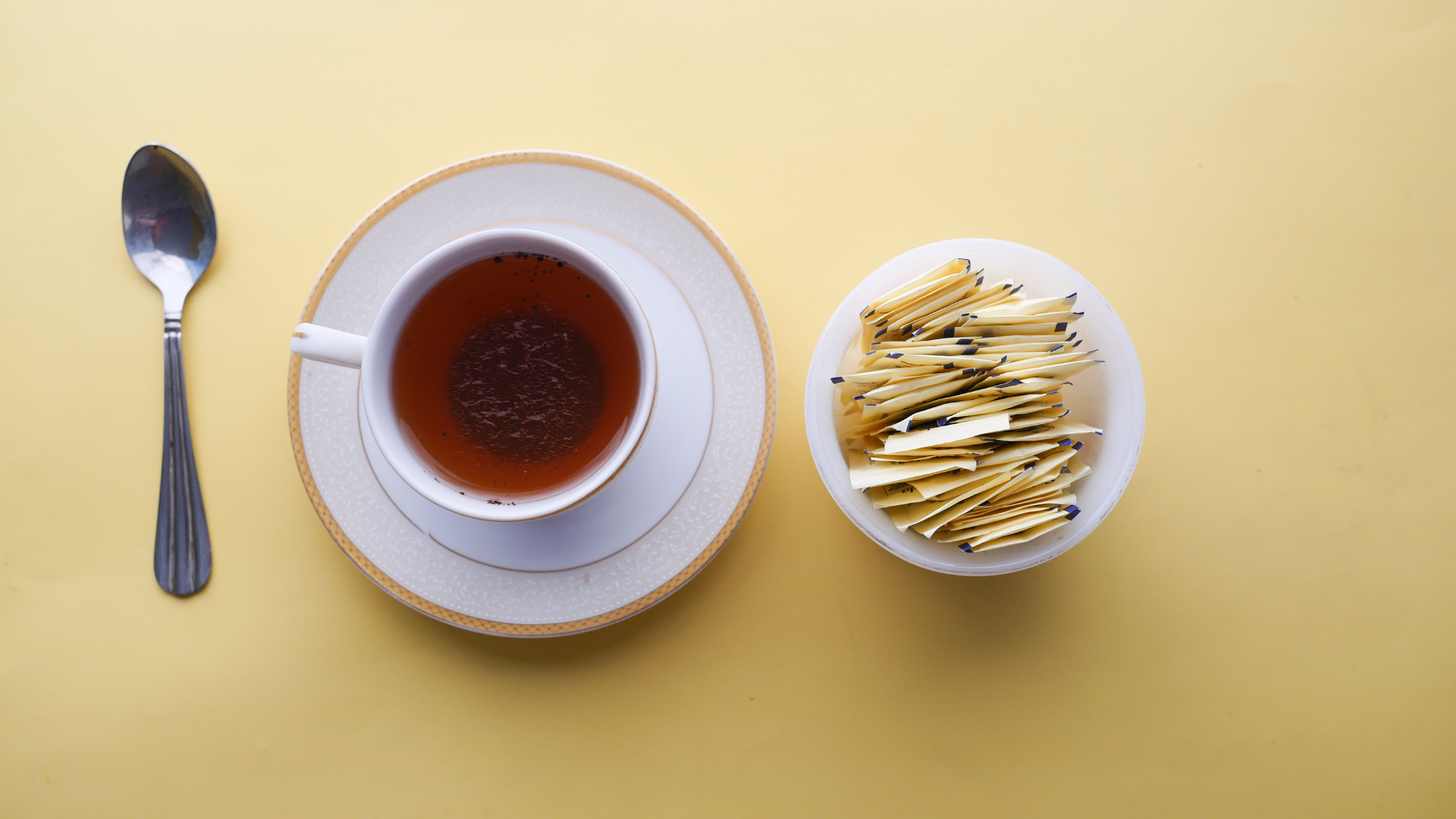
They’re also called sugar substitutes and are “chemically synthesized” substances, or substances that undergo a chemical process. They are considered “high intensity” because they are much sweeter than natural sugar, requiring much smaller doses to create a sweet flavor. The primary benefit is that artificial sweeteners have little to no calories, which means they don’t contribute to weight gain, diabetes, or health problems like natural sugar.
Six artificial sweeteners are FDA approved:
- Sucralose
- Aspartame
- Saccharin
- Acesulfame potassium
- Neotame
- Advantame
Sweeteners containing stevia extract, monk fruit, etc., are not considered “artificial” since they are derived from a natural plant. And yes, they are FDA approved.
Do Artificial Sweeteners Cause Bladder Cancer?

No clear evidence has shown a link between bladder cancer and artificial sweeteners. Some studies have specifically focused on saccharin, since it was once listed as a carcinogen. But more recent studies have exonerated saccharin, concluding that while it increased incidents of cancer in rats, there is no clear correlation to humans. It has now been removed from the list of carcinogens.
A few studies have shown a slightly elevated risk of cancer, though not specifically bladder cancer, with the use of various artificial sugars, with sucralose being the exception.
What Food and Beverages Should I Avoid with Incontinence?
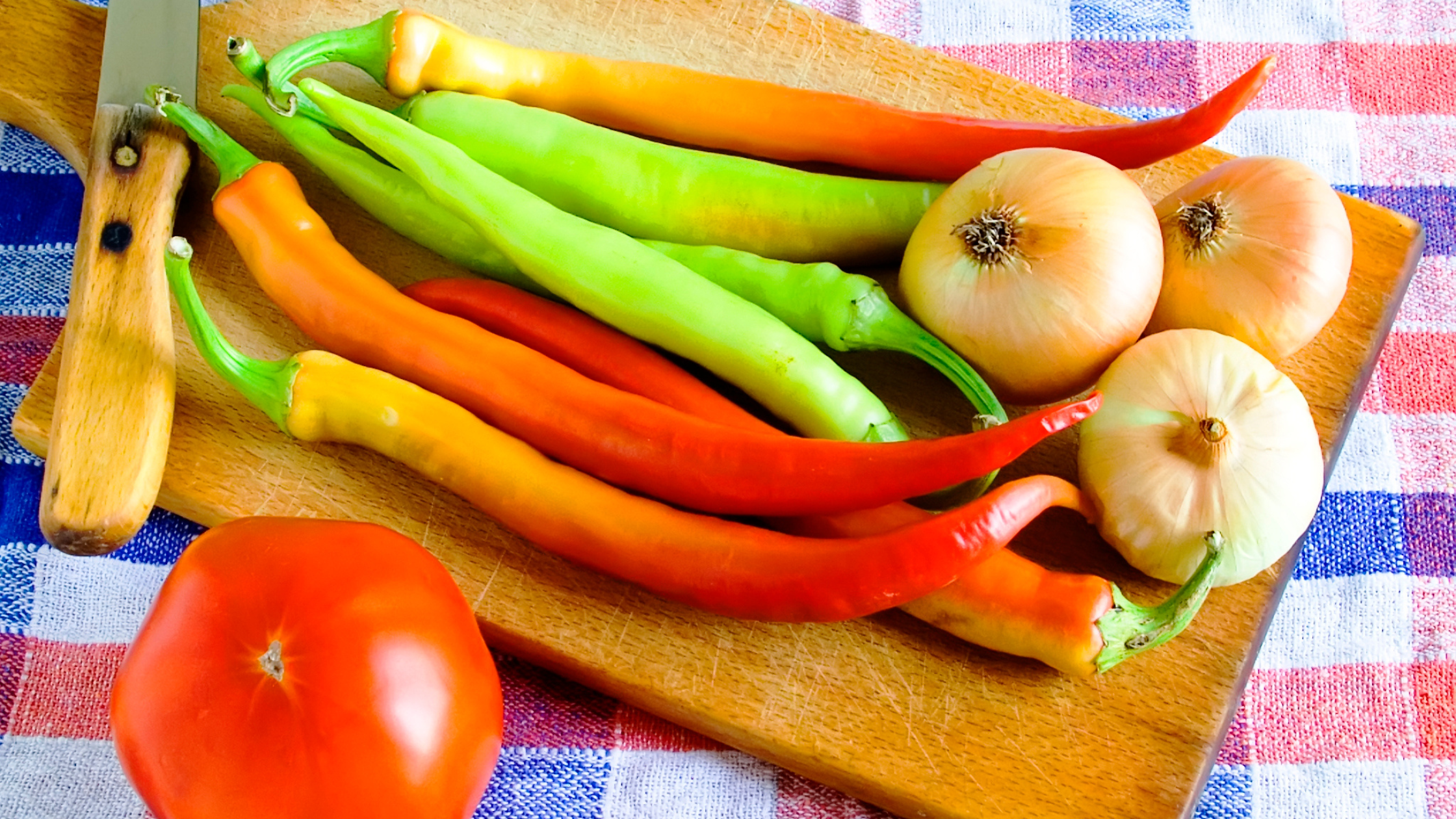
Even though diet drinks may not worsen your incontinence or cause bladder cancer, it’s still important to watch what you eat and drink. Food and beverages can affect your bladder symptoms and make you more uncomfortable.
While you may not need to avoid diet soda because of the artificial sweeteners, you might need to avoid it because of the caffeine. If caffeine worsens your incontinence symptoms, you’ll need to determine your threshold. How much can you have at one time or in a day? One diet soda or cup of coffee may not affect you. But two or three might. And some people may not be able to tolerate any, which means you should opt for caffeine free diet beverages or sugar free flavored water. If you are sensitive to diet soda, it might not be the artificial sugar your bladder is responding to.
Other foods and ingredients that could irritate your bladder:
- Acidic foods
- Spicy foods
- Caffeine (including coffee, tea, soda, chocolate)
- Alcohol
For a more complete list of potential foods to avoid for bladder health, review this resource from Johns Hopkins.

